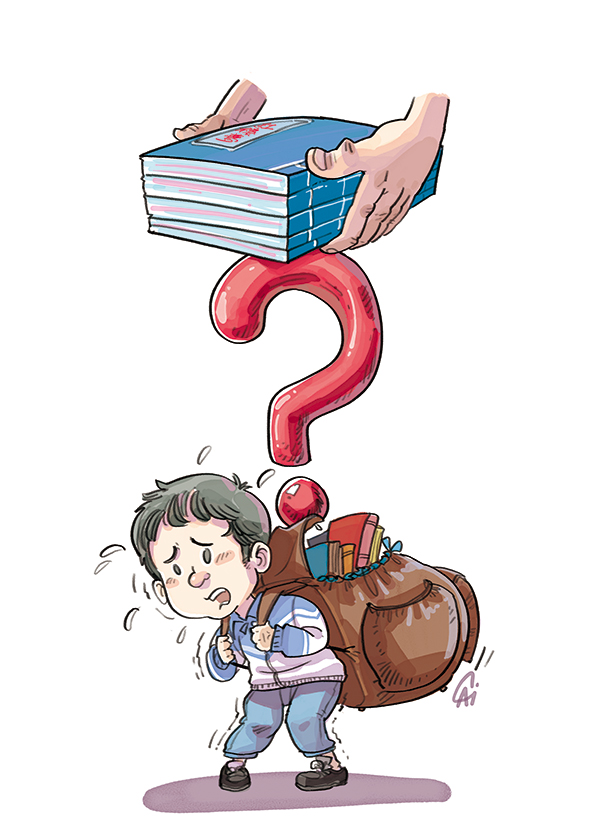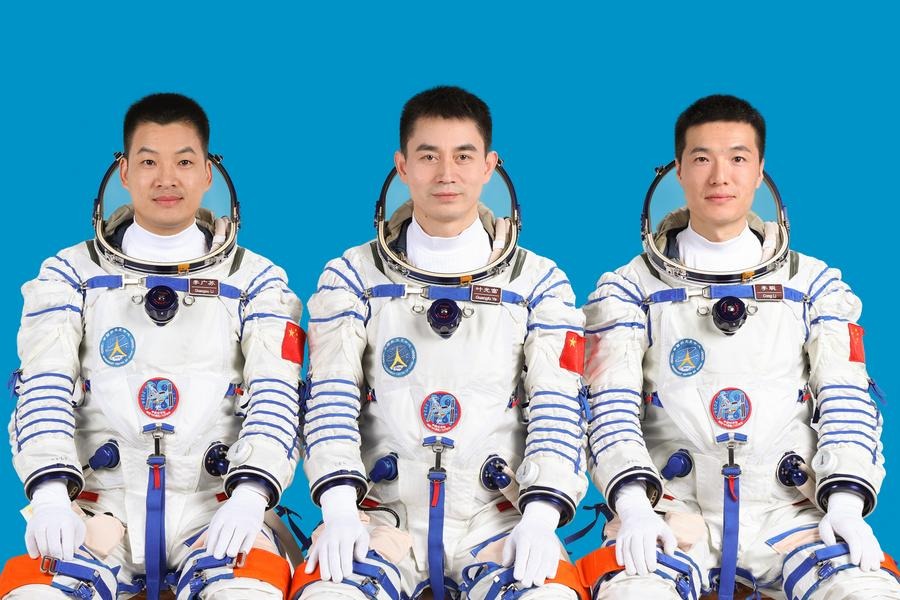Ancient texts not a burden on students


The newly revised senior high school curriculum includes more ancient Chinese poems and prose for recitation, sparking a public discussion on whether it will increase the burden on students. A Ministry of Education official has said recitation should not be regarded as a burden, as it will make students more familiar with traditional culture.
Some people consider an increase in the number of subjects, texts or homework raises the students' burden, while reducing them eases their burden. But they fail to identify the real source of students' burden. By learning something they are interested in or something that is inspiring, the students will actually gain in knowledge and resolve, so such content cannot be an additional burden on them.
Subjects that are forced upon the students or those that they will have no use of in the future should be considered a burden. Besides, whether learning ancient Chinese poems and prose would be a burden on the the students depends on how these subjects are taught. Of course, if the teachers force the students to cram up the prose and poems, they will become a burden for some of the students. But if the teachers in middle schools make the students realize the significance of learning traditional Chinese culture and help them appreciate the inherent qualities of ancient texts, the students may find the poems and prose interesting.
The move to introduce these ancient texts is similar to including physical education in the senior high school entrance examination, which also sparked a debate on students' burden.
Given the exam-oriented nature of school curricula in China, educators failed to pay attention to PE, with most of the students hardly doing any physical exercise. But after PE was included as a subject in the senior high school entrance exam, students started paying more attention to physical exercise, which is good for the students' health and overall development.
But some schools persist with the exam-oriented teaching method, which will make PE a burden on some students. Some parents have even used steroids on their children to help them secure high scores in the PE exam.
There is an overall social consensus that students should enhance their knowledge of traditional culture, because it is conducive to their all-round development. But some educators misunderstand the meaning of "conducive" as "useful" for examination, and in so doing, they usually make even interesting and inspiring subjects part of the exam-oriented education system. For instance, the Ministry of Education has increased the number of ancient Chinese poems and prose for recitation in just senior high schools, yet some "sensitive" parents have started teaching these texts even to their preschool children.
China's education authorities emphasize that children in kindergartens should not be taught primary school subjects, because too much stress on children at an early age is not good for their mind and overall development, and could even develop in them a dislike for studies.
So instead of debating whether the increased recitation content in senior high schools is an added burden on the students, we should try to find ways to generate in students the love for literature. The new curriculum for senior high schools pays more attention to upgrading subject quality. Students who can recite all the ancient Chinese poems and prose in the curriculum well will be regarded as excellent. But that doesn't necessarily mean they have a good understanding of or have developed an inherent love for literature. This is a problem with the education system that Chinese educators have to solve.
Generally speaking, the basic purpose of teaching literature is to make students aware of the power of imagination and creative thinking, and cultivate in them the ability of critical appreciation. As such, the reform of senior high school education should focus on the overall development of students through proper teaching methods.
The author is deputy director of the 21st Century Education Research Institute.


































